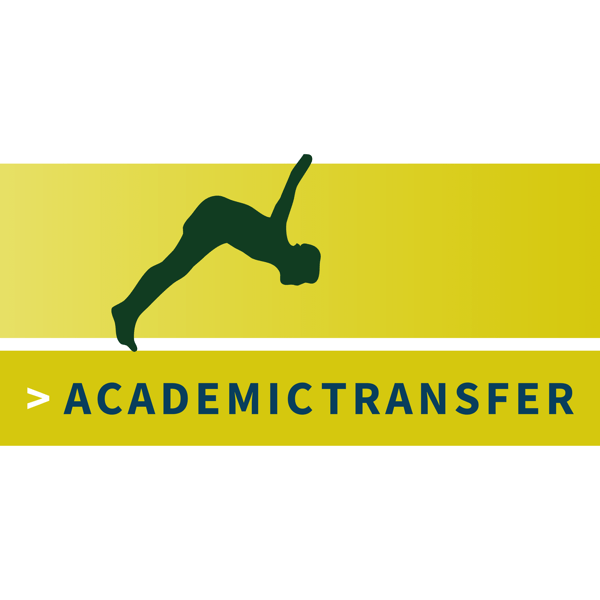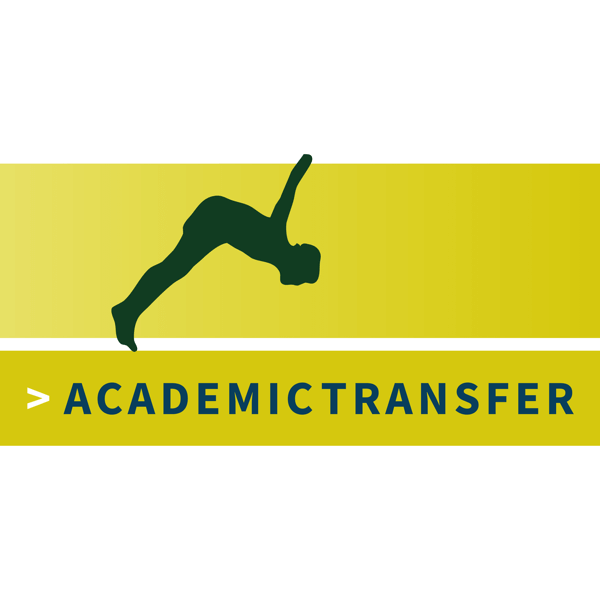
PhD Talk for AcademicTransfer – Developing research lines as a faculty member in the Netherlands
This post is part of the series PhD Talk for AcademicTransfer: posts written for the Dutch academic career network AcademicTransfer, your go-to resource for all research positions in the Netherlands.
These posts are sponsored by AcademicTransfer, and tailored to those of you interested in pursuing a research position in the Netherlands.
If these posts raise your interest in working as a researcher in the Netherlands, even better – and feel free to fire away any questions you might have on this topic!
When you are a new faculty member, the idea of starting new research topics may feel daunting. You have done your PhD and postdoc in very specific topics, and now suddenly you need to start thinking more broadly again – it can be hard to think out of the box in which you have found yourself for a long time,
If you are an international faculty member, it can be difficult as well to assess the research needs of the Netherlands. A certain topic may be common and very relevant in the country where you worked before, but may perhaps not be successful in attracting funding in the Netherlands.
So, how do you go about defining your research lines as new faculty member in the Netherlands? Here are my tips:
- Continue your previous research: The most logical step is to continue the work you had been doing previously. Based on the research you did during your PhD and (potentially) your postdoc, you will have identified topics for further research. Now, as a faculty member, these topics for further research can be a great starting point to position yourself even more as an expert on this topic.
- Discuss interests with colleagues: Your new colleagues can be great advisors: they are your first-stop collaborators, they can inform you about the possibilities in the laboratories, give you tips about where to find funding, and advice you on the topics that are necessary to research in the country. Think about the additional skills you may want to learn as well, based on your conversations with your colleagues.
- Learn from industry partners about local needs: Don’t just stay within the ivory tower – talk to colleagues in the industry and the government to learn about their most pressing needs. How can you and your research contribute to solving these needs? Can you collaborate with co-supervised thesis projects before you try to get funding from the industry?
- Read broadly: To find what else is out there to research and explore, you cannot live in a vacuum, Reading broadly and often is important (really, it is important at all stages of your career). When you are identifying your new research lines, just follow your nose: read what calls your attention, explore the topic further, and see if the topics calls to you or not. Topics that seem to call you are topics that are of your natural interest, so go with something that seems fun to work on.
- Identify open questions in your teaching material: When you want to keep your teaching material up to date, you will be reading broadly as well. Based on what you are preparing for teaching, and especially if you teach upper-level courses, you will be able to identify topics that require more research before we have a definite answer, and something concrete that we can teach.
- Explore topics with thesis students: If you think a topic is interesting, but you are not quite sure how promising it can be to write a large grant proposal, you can do exploratory research with a thesis student. You can either work on a review of the literature, apply a new method to an existing set of data, carry out numerical or theoretical work, or develop a hypothetical experiment.
- Think about funding opportunities: While it’s all fun and games to dream up research topics that seem to be the nicest ones for ourselves to play with, we have to think a bit practically as well. Who is going to fund this research? So, if you have identified topics for research, it may be good to think about where you would be able to find funding for this research. Especially if you want to hire doctoral students and carry out experiments, external funding will be necessary. Try linking your fun topics to the needs of certain companies or the government, or to look at the basic scientific problem that needs to be solved when you apply for national scientific funding.
These seven tips would be my starting points. Of course, research also happens “as you go”. I have rolled into some of my research lines accidentally – either during my postdoc period as the funding was there and somebody had to do the work, or by stepping in on an existing project during sick leave of a colleague and getting amazed by the topic.
How did you set up your research line(s) when you started your faculty position?


In the Netherlands a lot of research funding goes to consortia so I recommend that you start networking right away: find a “Guardian Angle”, i.e. someone in your research area who makes sure that you get invited for seminars at all the other departments/institutes in the NL where research in areas close to yours is performed and who recommends you for talks at the national conference(s) in your field. Some of these conferences have focus sessions that you can propose to organise – get together with a colleague from another Dutch university and organize such a session. If your field falls under those that can apply for a Lorentz Centre workshop, apply for organizing one together with a colleague from another Dutch university.
Also very important: research proposals in the NL are written in a style that differs importantly from that of other countries – ask your colleagues for an example before you start writing and establish a mock selection committee whom you ask for feedback on your proposal. Remember: older people like to help younger people! If you are a lady, ask the LNVH (national network of female professors) for help.
Yes indeed, thank you so much for these additional tips!